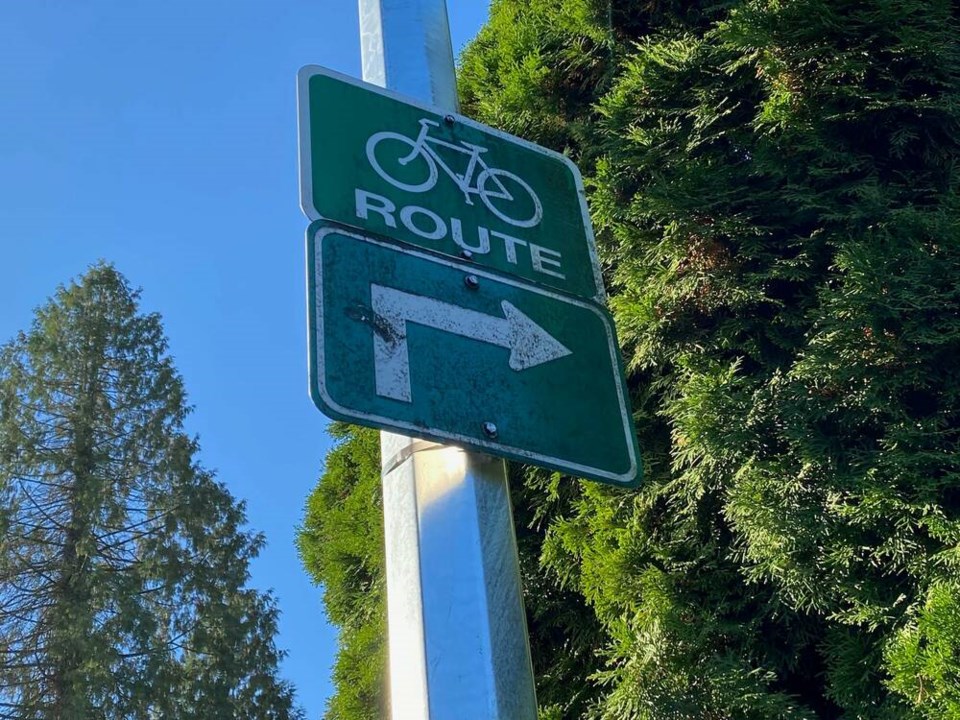The City of Delta recently wrapped up its request for bids for the construction of new River Road protected cycle lanes.
The new cycle lanes, from 72 to 76 streets, will consist of 1.8-metre-wide protected lanes along the north and south side of River Road, along with other features including roadway widening and repaving, concrete barricade installation as well as concrete bus pad installation.
Receiving funding from TransLink, the project is to be completed this spring.
Last year, Delta had protected cycle lanes constructed with a concrete barrier on River Road from 68 street to 72 street.
Council also endorsed a new Cycling Master Plan for the city.
In the works for a couple of years, approximately 220 km of cycling facilities have been identified, proposed projects ranging from low-to-high priority. The overall plan is estimated to cost approximately $105 million.
Regional funding
Meanwhile, although the provincial government recently announced additional funding for Ministry of Transportation and Infrastructure active transportation capital projects over the next three years, Metro Vancouver is hoping for an even bigger financial commitment.
The regional district board recently approved submitting a series climate action resolutions to Union of BC Municipalities (UBCM), including provincial funding for active transportation infrastructure.
Noting B.C. municipalities face significant capital funding challenges in delivering new active transportation infrastructure, the resolution asks the UBCM to urge the Government of B.C. to expand funding to at least $300 million annually over the next 10 years to support the development of protected, connected, and accessible local cycling and walking infrastructure networks across B.C., and that they are integrated into a larger regional active transportation and public transit network.
According to Metro, proposed provincial funding of $300 million annually over 10 years, which equates to $60 per B.C. resident per year, would be a significant improvement to address a funding gap and reflect the many benefits of active transportation. On a population basis, it would translate to approximately $150 million annually in active transportation funding for the municipalities in the Metro Vancouver region.
The resolution will first be submitted to the Lower Mainland Local Government Association (LMLGA).




